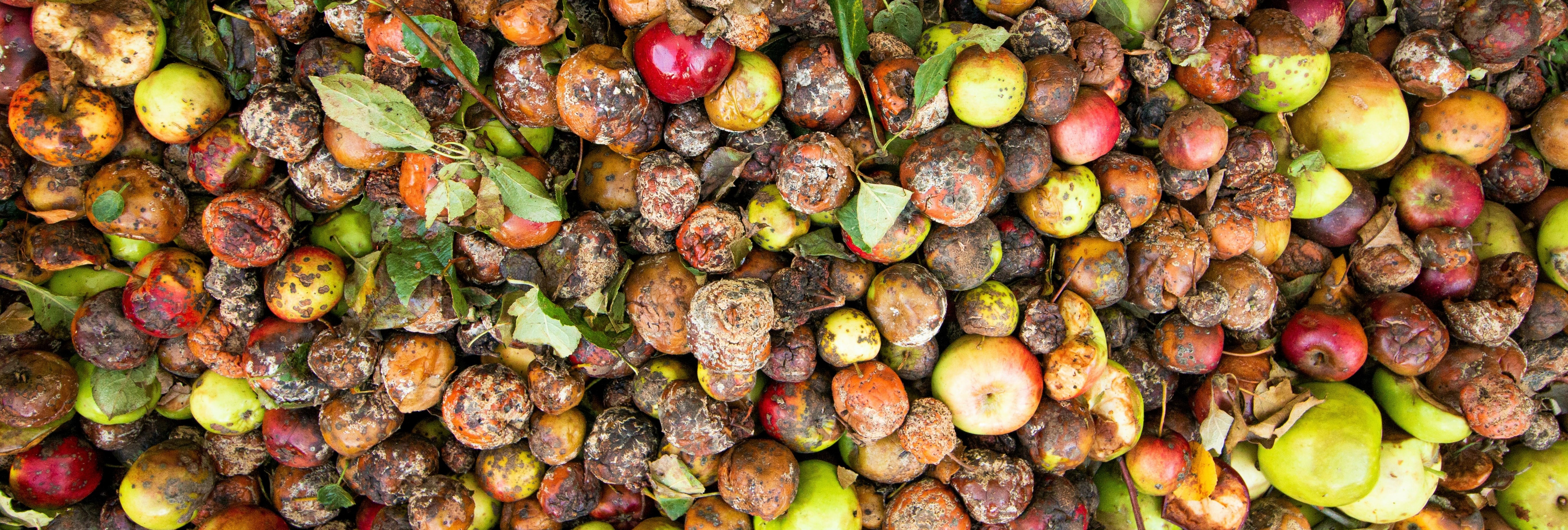Food Waste Initiative
The ELI Food Waste Initiative conducts research and works with stakeholders to prevent food waste, increase surplus food donation, and recycle the remaining food scraps.
Up to 40% of food in the United States is wasted. This waste occurs throughout our food system’s supply chain: food is lost on farms; during processing, distribution, and storage; in retail stores and food service operations; and in households. In 2015, the U.S. announced a national goal to reduce food loss and waste by 50% by 2030. Reducing food waste reduces GHG emissions, lessens the harmful public health and environmental impacts of landfills and incinerators, and addresses food insecurity when surplus food is rescued and distributed to those in need.
Program Objectives:
ELI’s Food Waste Initiative aims to help stakeholders meet the U.S. food loss and waste goals by designing and implementing public policies and public-private initiatives to prevent food waste, increase donations of surplus food, and expand food scrap recycling.
One component of the Food Waste Initiative is enabling municipalities to effectively address food waste, including food waste prevention, surplus food rescue, and food scrap recycling. Another component focuses on solving the dual challenges of: (1) developing organics processing facilities (including composting, animal feeding operations, and anaerobic digestion) and (2) developing collection and preprocessing systems to supply food waste feedstocks.
Food Waste Work at the Local Level:
A key component of ELI’s Food Waste Initiative is enabling cities to address food waste. For example, ELI collaborates with NRDC (Natural Resources Defense Council) and Urban Green Lab on the Nashville Food Waste Initiative (NFWI), which develops local strategies and tools to prevent food waste, rescue surplus food and recycle food scraps on the ground in Nashville. Projects have examined opportunities for increasing surplus food rescue and food scrap recycling infrastructure, developing community composting, and including food waste in climate mitigation plans. In addition, ELI collaborates with NRDC on model food waste ordinances and policies for municipalities.
Promoting Food Waste Recycling Solutions:
Breaking Logjams and Facilitating Adoption of Anaerobic Digestion for Food Waste
A major challenge to food waste recycling is the lack of organics recycling facilities. One solution is anaerobic digestion (AD), which can occur in standalone facilities, or in farm or wastewater digesters. AD of food waste can create renewable energy and soil nutrient products. However, various perceived impediments and risks have limited its adoption. ELI has assembled a team of experts with decades of experience in the field to work with AD project stakeholders to break logjams and facilitate adoption of AD for recycling food waste.
Organics Disposal Bans and Organics Processing Infrastructure
To address a gap in organics processing infrastructure, Vermont, Massachusetts, Connecticut and Rhode Island were the first to adopt bans on landfill disposal of organics. The implied logic of the bans is that if a supply of organic feedstock can be created, the infrastructure to process it will be built. ELI research found that the four states have advanced toward their processing capacity goals with varying degrees of success and highlighted effective complementary state policies.
Evaluating Business Cases for Co-Digestion of Food Waste at Water Resource Recovery Facilities
With the goal of stimulating adoption of co-digestion, ELI research funded by the Water Research Foundation details insights into the strategies water resource recovery facilities (WRRFs) can use to address barriers faced in adopting co-digestion. A diagnostic framework is provided for individual WRRFs to analyze opportunities and potential strategies for co-digestion at their own facilities, along with several tools to support WRRFs. Visit the Publications page to read a research report as well as related articles in BioCycle and WE&T.
